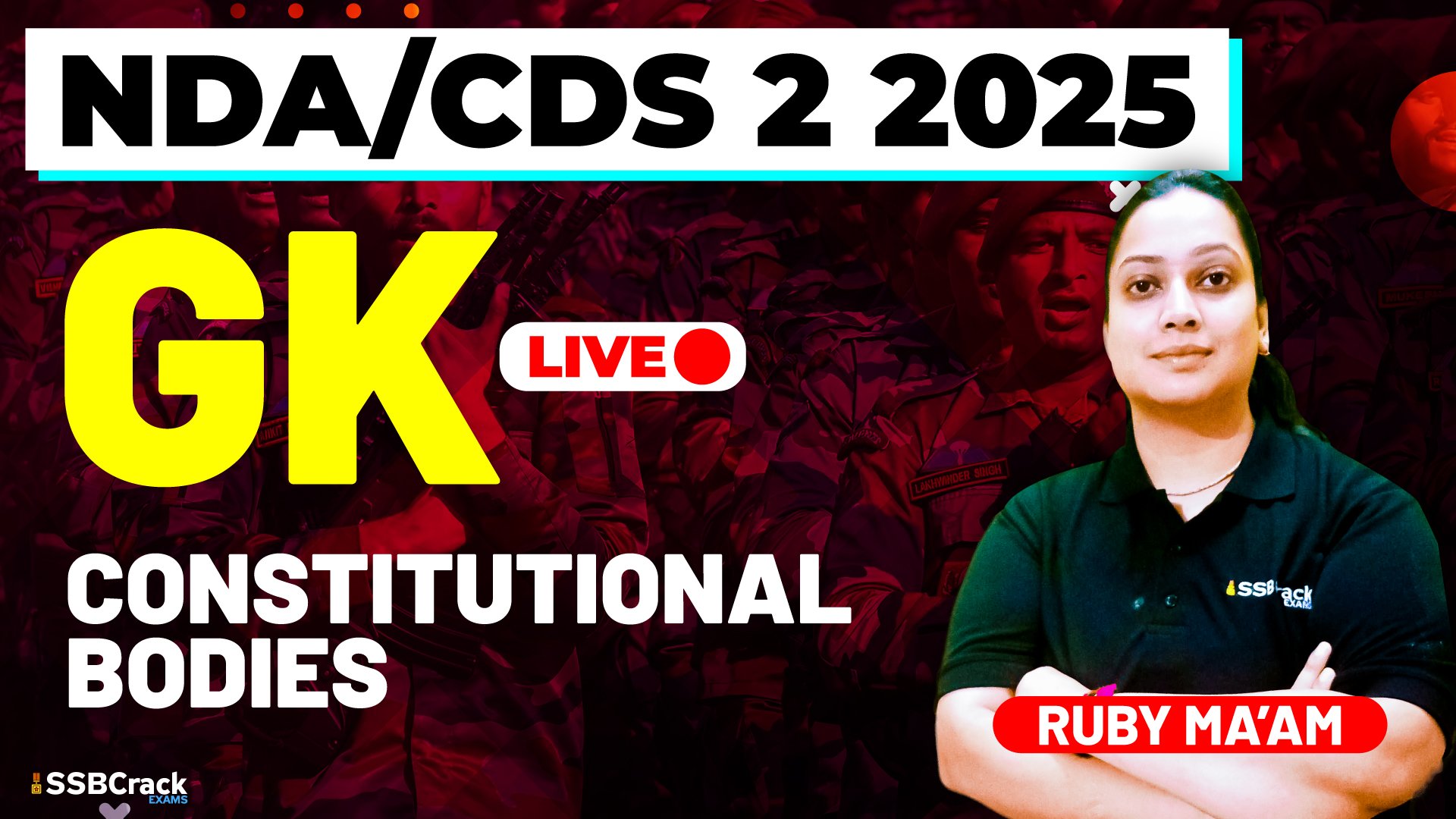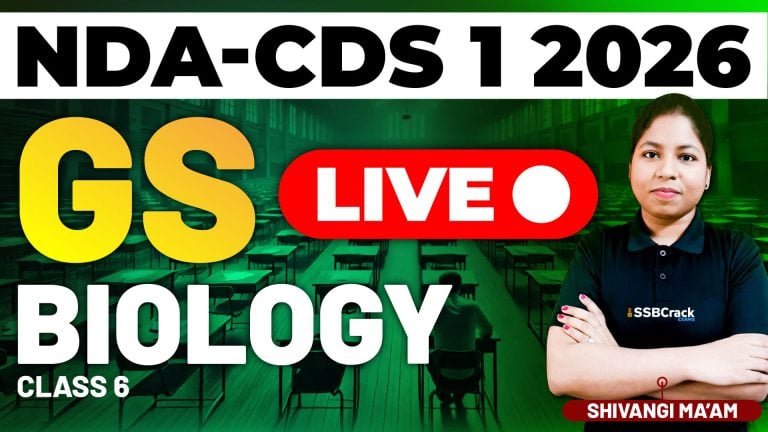For aspirants preparing for the National Defence Academy (NDA) and Combined Defence Services (CDS) examinations, Indian Polity is a subject that carries both weight and strategic importance. Among the many topics under Polity, “Constitutional Bodies” stands out as a recurring favorite in the UPSC question papers. Understanding Constitutional Bodies is not only crucial for cracking the written exam but also forms the foundation of a future officer’s awareness of how India’s democratic system functions. Here’s a look at why this topic deserves your focused attention.
📘 What are Constitutional Bodies?
Constitutional Bodies are institutions established directly by the Constitution of India. Their powers, functions, composition, and responsibilities are clearly defined in the Constitution itself.
Some of the key Constitutional Bodies include:
- Election Commission of India (ECI)
- Union Public Service Commission (UPSC)
- Comptroller and Auditor General (CAG)
- Finance Commission
- Attorney General of India
- National Commission for SCs/STs
🎯 Why This Topic is Crucial for NDA & CDS
- High Frequency in Previous Year Papers
Polity questions regularly appear in the General Ability Test (GAT) of NDA and General Knowledge paper of CDS. A significant portion of these questions are based on Constitutional Bodies—their roles, tenure, functions, and constitutional provisions. - Direct and Factual Nature of Questions
Questions from this topic are straightforward and factual, making them high scoring if you’ve memorized the key articles and facts properly. - Foundation for Future Officer Cadres
As future officers in the Indian Armed Forces, understanding the functioning of democratic institutions is critical. Constitutional Bodies ensure accountability, integrity, and fairness—values central to the armed forces as well. - Overlap with Other Exams
If you’re preparing for multiple UPSC-level exams or interviews (SSB, CAPF, etc.), knowledge of Constitutional Bodies is universally beneficial.







